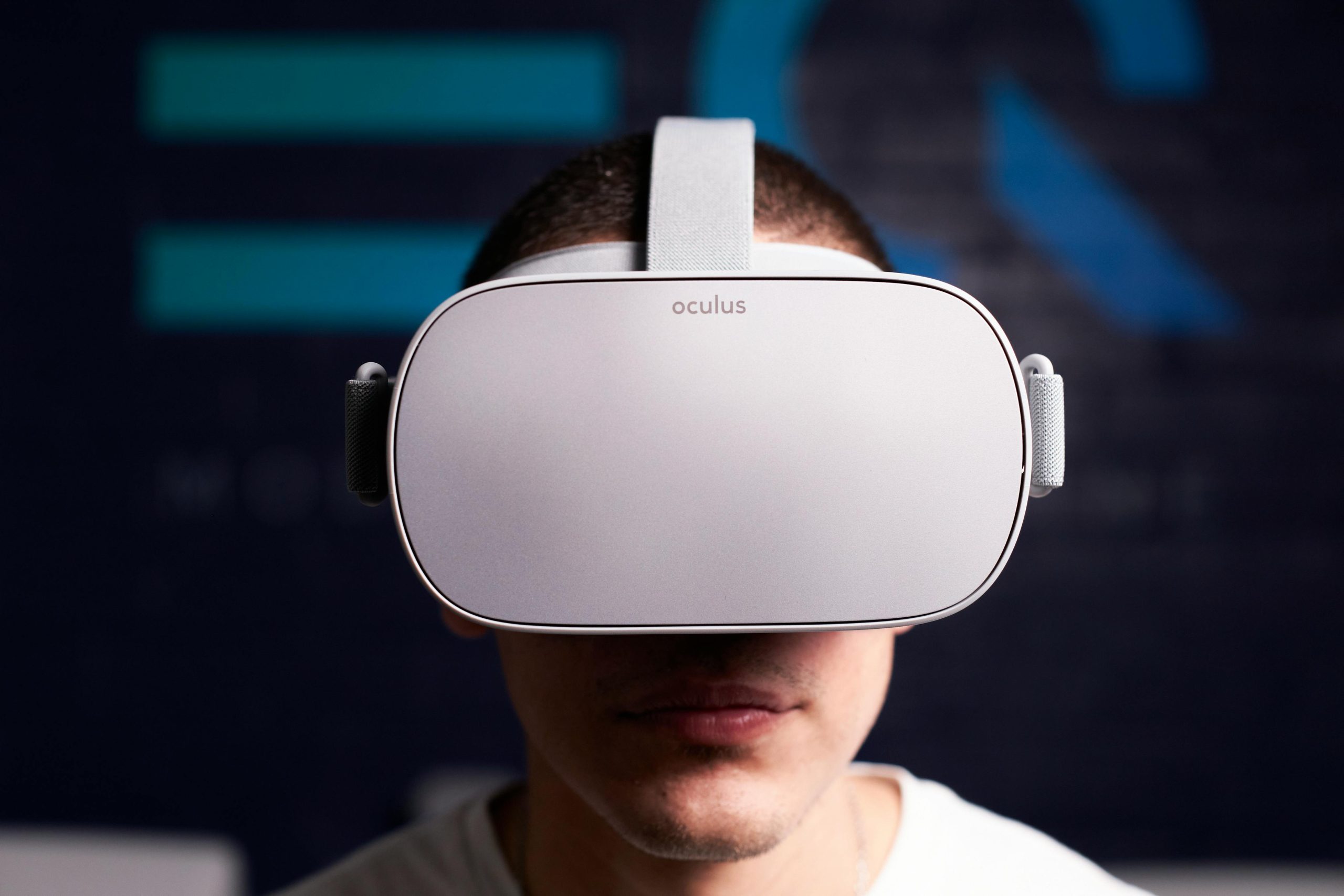The gaming industry has undergone a seismic shift in recent years, thanks to the rapid advancements in artificial intelligence (AI). Gaming apps, in particular, are leveraging AI to create immersive, personalized, and dynamic experiences that keep players engaged like never before. From intelligent NPCs to adaptive difficulty levels, AI is revolutionizing how games are designed, played, and enjoyed. This article explores the transformative role of AI in gaming apps and how it’s elevating user experience to unprecedented heights.
Personalized Gaming Experiences with AI
One of the most significant ways AI enhances gaming apps is by delivering personalized experiences tailored to individual players. Traditional games follow a one-size-fits-all approach, but AI changes that by analyzing player behavior, preferences, and skill levels.
Behavioral Analysis: AI algorithms track how players interact with the game, including their play style, decision-making patterns, and time spent on specific levels. This data helps the game adapt in real-time, offering challenges that are neither too easy nor too frustrating.
Dynamic Content Generation: AI can generate unique in-game content, such as quests, maps, or items, based on a player’s preferences. For example, if a player enjoys puzzle-solving, the game might introduce more intricate puzzles as they progress.
Personalized Recommendations: Just like streaming platforms suggest movies, gaming apps now recommend levels, characters, or even in-game purchases based on a player’s history. This keeps users engaged and increases retention rates.
Smarter NPCs and Realistic Interactions
Non-player characters (NPCs) have come a long way from scripted, predictable behaviors. AI-powered NPCs now exhibit lifelike intelligence, making games more immersive and unpredictable.
Natural Language Processing (NLP): Some gaming apps integrate NLP to allow players to communicate with NPCs using voice or text. These characters can understand and respond contextually, creating a more interactive experience.
Adaptive AI Opponents: In competitive games, AI opponents learn from the player’s strategies and adapt accordingly. This ensures that the game remains challenging and engaging, even after multiple playthroughs.
Emotional Intelligence: Advanced AI models enable NPCs to recognize and respond to player emotions. For instance, if a player seems frustrated, the game might adjust the difficulty or offer hints to improve the experience.
Enhanced Graphics and Realism
AI is also transforming the visual aspects of gaming apps, making them more realistic and visually stunning.
Procedural Generation: AI algorithms can create vast, detailed worlds without manual design. Games like No Man’s Sky use procedural generation to build endless universes with unique planets, flora, and fauna.
Upscaling and Rendering: AI-powered tools like NVIDIA’s DLSS use machine learning to upscale lower-resolution images in real-time, delivering high-quality graphics without compromising performance.
Facial and Motion Capture: AI enhances character animations by analyzing real-world movements and expressions. This results in more lifelike characters that react naturally to in-game events.
AI-Driven Game Testing and Development
Beyond gameplay, AI is streamlining the development process, ensuring smoother and bug-free experiences for players.
Automated Testing: AI can simulate thousands of gameplay scenarios to identify bugs or imbalances. This reduces development time and ensures a polished final product.
Player Feedback Analysis: Developers use AI to analyze player reviews and feedback, identifying common pain points or desired features. This data-driven approach helps prioritize updates and improvements.
Predictive Analytics: AI predicts player churn and engagement trends, allowing developers to tweak game mechanics or introduce new content at the right time to retain users.
The Future of AI in Gaming Apps
The integration of AI in gaming apps is still in its early stages, but the potential is limitless. Here’s what the future might hold:
- Hyper-Personalization: Games could evolve in real-time based on a player’s mood, biometric data, or even external factors like weather.
- AI-Generated Stories: Dynamic narratives that change based on player choices, creating a unique storyline for every user.
- Cross-Platform AI: Seamless integration across devices, allowing players to switch between mobile, console, and PC without losing progress or context.
As AI continues to advance, gaming apps will become more intuitive, engaging, and lifelike, blurring the lines between virtual and reality.
In conclusion, AI is not just a tool for enhancing gaming apps—it’s a game-changer. By personalizing experiences, creating intelligent NPCs, improving graphics, and streamlining development, AI is setting a new standard for user engagement. The future of gaming is here, and it’s powered by artificial intelligence. Whether you’re a casual player or a hardcore gamer, AI-driven innovations are ensuring that every play session is more exciting than the last.
